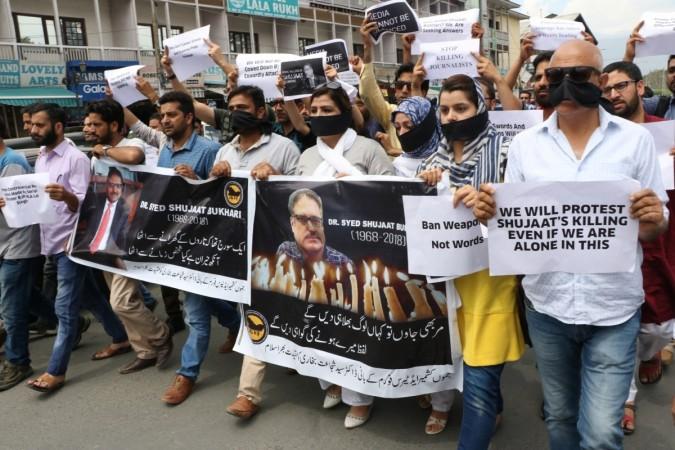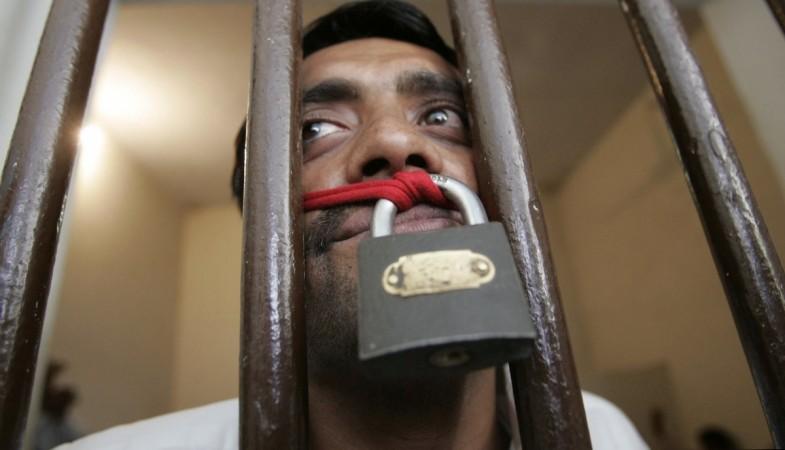
The editor and owner of the popular Kashmir Daily, The Kashmir Reader, has been questioned by the National Investigation Agency (NIA) in connection with the funding of the newspaper.
Mohammad Hayat Bhat, who is from South Kashmir's Pampore town, was interrogated by the NIA in Delhi. Hayat continues to remain in the city.
Last week, the editor of the largest circulated daily in the valley, Greater Kashmir, was questioned by the NIA for six days in connection with the funding sources of his newspaper, especially after the state government withdrew local advertisements to the daily.
Prior to this, the NIA also arrested the editor of a vernacular daily, The Daily Aafaq, in connection to a 27-year-old case. The editor was accused of distributing the press releases by the militants in 1992 when there was a state ban on the circulation of the newspapers in Kashmir.
Why is NIA interrogating the Kashmiri journalists?
The editors of prominent local dailies in Kashmir are being tracked down by the NIA to ascertain the source of funding to their organizations as well as the anti-India content in their papers. According to NIA officials, the content fuels hatred against the state.
The NIA, according to a Times of India report, suspects that the funding for the newspapers is coming from Pakistan. They believe that the local daily owners have expanded their publication networks using the funds.
According to TOI, while the publisher, as well as the editor of Greater Kashmir, has been running the daily in the Valley for more than two decades, the owner of The Kashmir Reader, as per the NIA sources, has moved on from a small-time advertising agency to a newspaper, hiring pro-Pakistani journalists.

However, the crackdown on their colleagues has triggered a serious backlash from the Kashmiri journalistic fraternity, who describe it as a case of intimidation and unwanted interference of the state in the smooth functioning of the press in the Valley.
"The local journalists in Kashmir have been doing a commendable job in the times of violence and uncertainities in Kashmir. Many among us have lost our lives for this line of work. The way , government is putting undue pressure on us and the editors, it looks like they do not want to hear the voices of the people from the valley," a local journalist wishing anonymity told the International Business Times, India.

















